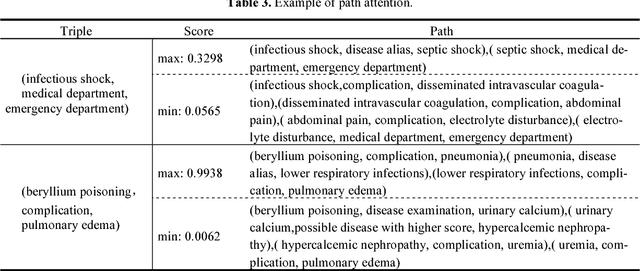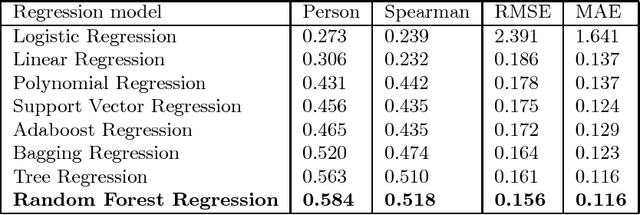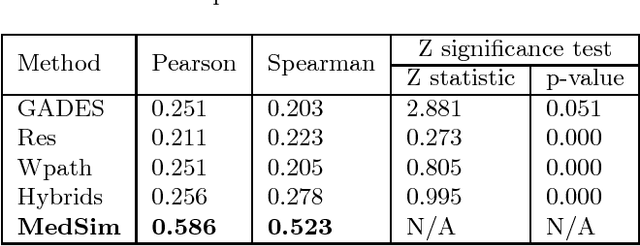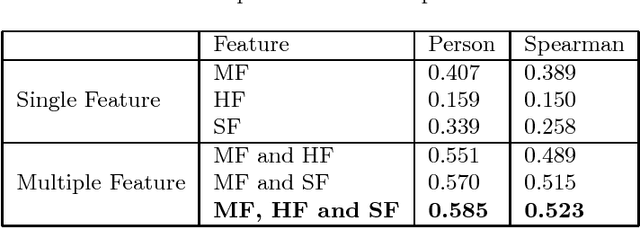Kaiqi Yuan
Approach for Semi-automatic Construction of Anti-infective Drug Ontology Based on Entity Linking
Dec 05, 2018


Abstract:Ontology can be used for the interpretation of natural language. To construct an anti-infective drug ontology, one needs to design and deploy a methodological step to carry out the entity discovery and linking. Medical synonym resources have been an important part of medical natural language processing (NLP). However, there are problems such as low precision and low recall rate. In this study, an NLP approach is adopted to generate candidate entities. Open ontology is analyzed to extract semantic relations. Six-word vector features and word-level features are selected to perform the entity linking. The extraction results of synonyms with a single feature and different combinations of features are studied. Experiments show that our selected features have achieved a precision rate of 86.77%, a recall rate of 89.03% and an F1 score of 87.89%. This paper finally presents the structure of the proposed ontology and its relevant statistical data.
MedSim: A Novel Semantic Similarity Measure in Bio-medical Knowledge Graphs
Dec 05, 2018



Abstract:We present MedSim, a novel semantic SIMilarity method based on public well-established bio-MEDical knowledge graphs (KGs) and large-scale corpus, to study the therapeutic substitution of antibiotics. Besides hierarchy and corpus of KGs, MedSim further interprets medicine characteristics by constructing multi-dimensional medicine-specific feature vectors. Dataset of 528 antibiotic pairs scored by doctors is applied for evaluation and MedSim has produced statistically significant improvement over other semantic similarity methods. Furthermore, some promising applications of MedSim in drug substitution and drug abuse prevention are presented in case study.
 Add to Chrome
Add to Chrome Add to Firefox
Add to Firefox Add to Edge
Add to Edge